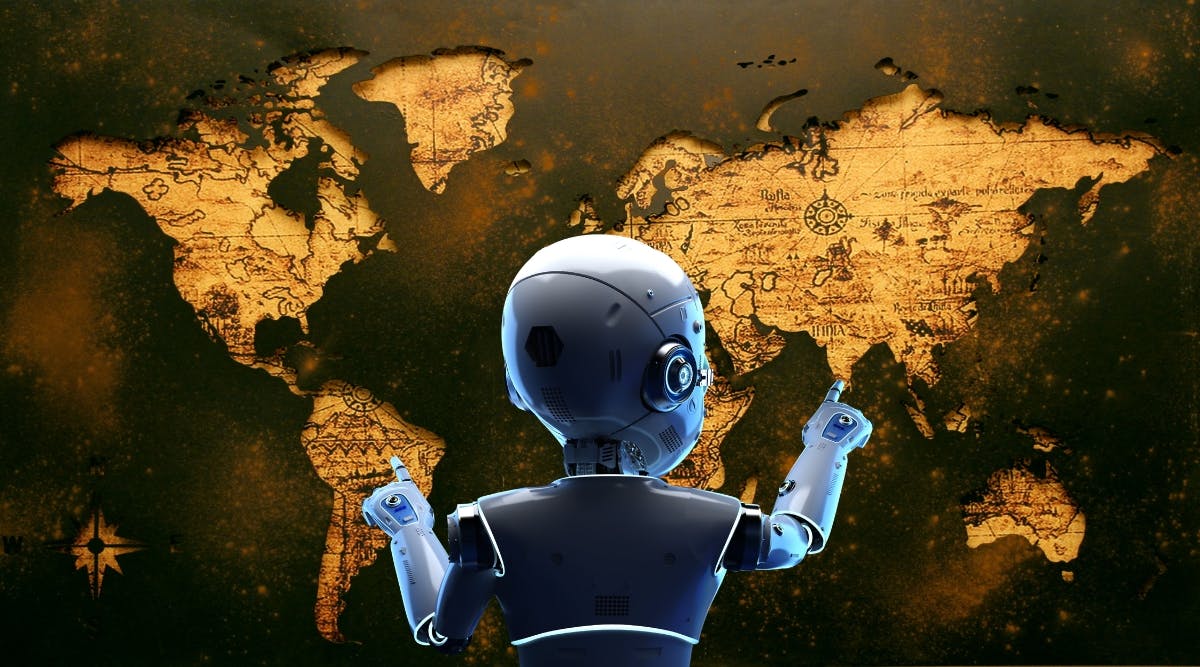Mapping the World Through AI’s Vision
Travel has always been about exploration. People seek new places, experiences, and cultures. Today, artificial intelligence is reshaping the way we understand the world. AI platforms and virtual travel assistants now map destinations, analyze data, and guide travelers along unique paths. This technology is changing travel planning in ways previously unimaginable.
How AI Understands the World
AI studies vast amounts of geographical and travel data. This includes maps, satellite images, travel blogs, reviews, and social media posts. By processing this information, AI learns patterns in how travelers explore different locations.
It does not simply memorize facts. AI identifies trends and connections between places, activities, and traveler preferences. For example, it can suggest coastal towns with quiet beaches, cultural hubs with local festivals, or scenic hiking trails often overlooked by mainstream guides.
Personalizing Travel Recommendations
AI excels at personalization. It learns from previous searches, bookings, and traveler interactions. Using this data, it recommends destinations, accommodations, and activities suited to individual preferences.
For instance, a traveler interested in local cuisine may receive recommendations for food markets, cooking classes, and specialty restaurants. Another looking for adventure might be guided toward trekking routes, cycling paths, or water sports activities. The result is a tailored travel experience that feels unique and meaningful.
Real-Time Guidance and Updates
AI platforms provide real-time guidance. They track events, weather, traffic conditions, and seasonal changes. This ensures travelers can make timely decisions and avoid crowded or unavailable spots.
Continuous updates also allow AI to suggest new attractions, pop-up events, and temporary exhibitions. Travelers gain access to dynamic insights that traditional guides cannot offer.
Learn More: How VR is Changing Travel Experiences
Learning Local Culture and Traditions
Travel is more than visiting landmarks. It is about understanding local culture. AI studies customs, languages, and traditions to provide culturally aware suggestions.
Travelers can discover authentic experiences such as regional festivals, local markets, and community events. AI helps people explore destinations respectfully while gaining deeper cultural insights.

Mapping Hidden Paths
AI uncovers hidden travel paths. By analyzing user behavior and data patterns, it identifies destinations often missed by conventional guides. This includes secluded beaches, quiet villages, and offbeat trails.
These insights allow travelers to experience the world differently. AI can direct them along paths they might never have discovered otherwise. This creates opportunities for exploration that are personalized, adventurous, and memorable.
Travel Content and Guidance
AI also assists in creating travel content. It generates descriptions of destinations, itineraries, and activity recommendations. By studying successful travel writing, AI produces readable, engaging, and informative material.
Travelers can quickly understand routes, attractions, and local experiences. AI content simplifies planning while helping people make informed decisions about their journeys.
Explore More : How Do AI Tools Simplify Travel Bookings?
Future of AI in Travel Mapping
The future of AI in travel is expanding rapidly. It may provide immersive virtual tours, predictive insights, and even suggest undiscovered destinations before they become mainstream.
By mapping the world through AI’s vision, travelers gain access to smarter planning tools. The technology helps explore locations intelligently, efficiently, and creatively. Every trip becomes more personalized, insightful, and unforgettable.
FAQs on About AI Travel Mapping
How does AI map destinations for travelers?
AI analyzes maps, satellite images, travel data, reviews, and social media posts to identify trends and hidden destinations.
Can AI provide personalized travel recommendations?
Yes. AI uses traveler preferences and past searches to suggest destinations, activities, and accommodations suited to individual interests.
Does AI track real-time events and conditions?
AI monitors weather, traffic, and seasonal events to guide travelers with up-to-date information.
How does AI help with cultural understanding?
AI studies local customs, languages, and traditions to provide culturally aware travel suggestions.
Which platforms use AI for travel mapping?
Virtual travel assistants and AI-powered travel apps analyze data and recommend unseen paths for travelers.